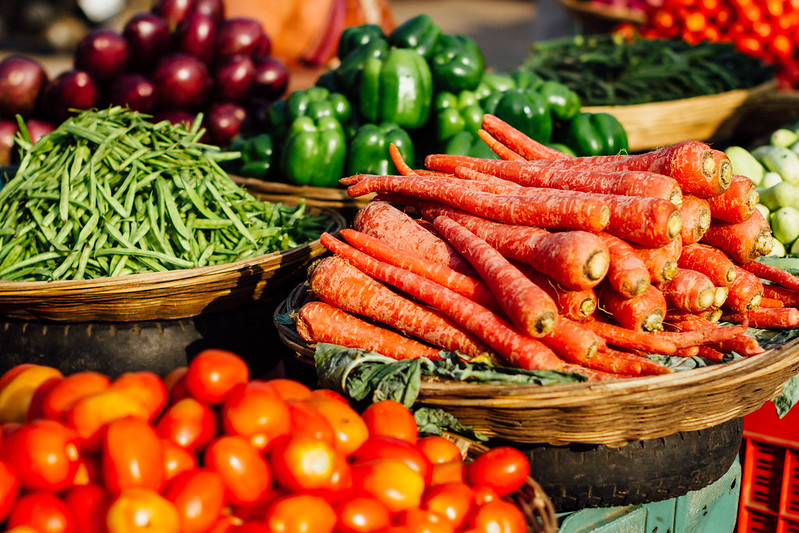A significant drop in food commodity prices has been observed across Nigeria, according to Dr. Paul Alaje, a senior economist. In an interview on Arise Television, Alaje attributed the reduction in food prices to the current harvest season. Although food prices remain generally high, some prices have decreased.
The National Bureau of Statistics (NBS) reported a 29% increase in food prices, which may seem contradictory to the observed price reduction. However, this increase refers to the percentage change compared to the same period last year, not a decrease in prices. The NBS noted that the current increase is lower than the one recorded last year.
Alaje explained that the stability in the exchange rate has contributed to the relative stability in food prices. Nevertheless, insecurity in the country continues to affect food distribution, as seen in recent incidents in Benue, Plateau, Edo, and other areas. These concerns highlight the complexities of Nigeria’s food supply chain.
The harvest season typically leads to an increase in food supply, which can result in lower prices. However, the country’s insecurity challenges and other factors, such as logistical disruptions, can impact the distribution of food and mitigate the effects of the harvest season on prices.
The reduction in food prices, although relative, offers some respite to Nigerian consumers who have been grappling with high food costs. The government and stakeholders will need to address the underlying issues, including insecurity and infrastructure challenges, to ensure a more stable and efficient food supply chain. As the country navigates these challenges, monitoring food price trends and their impact on the economy will remain crucial.
